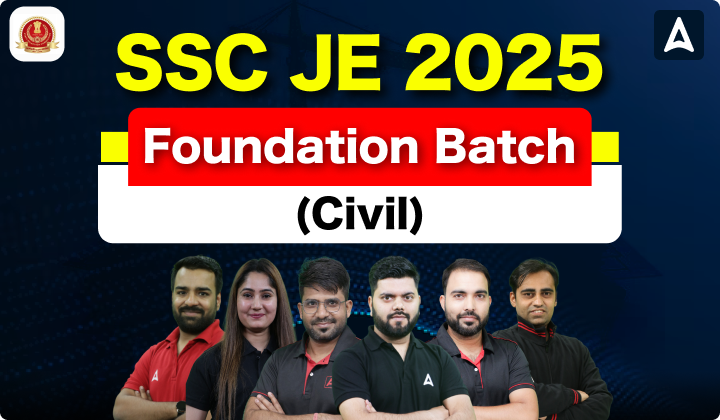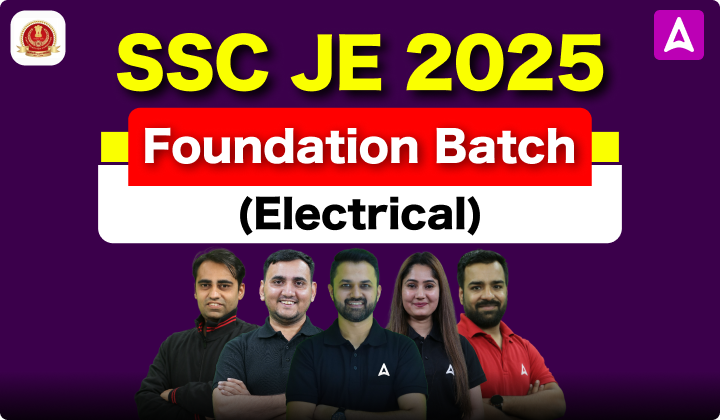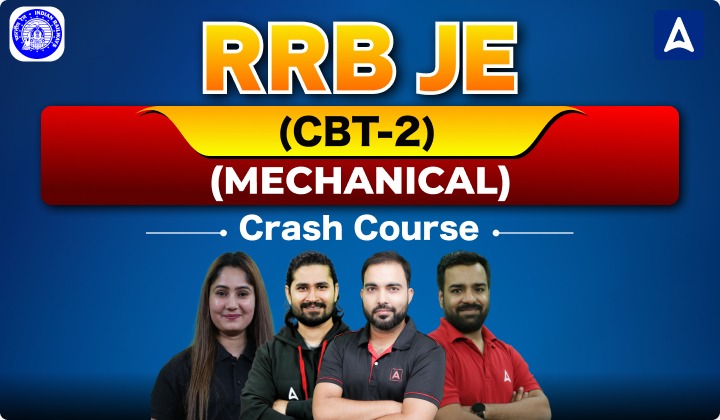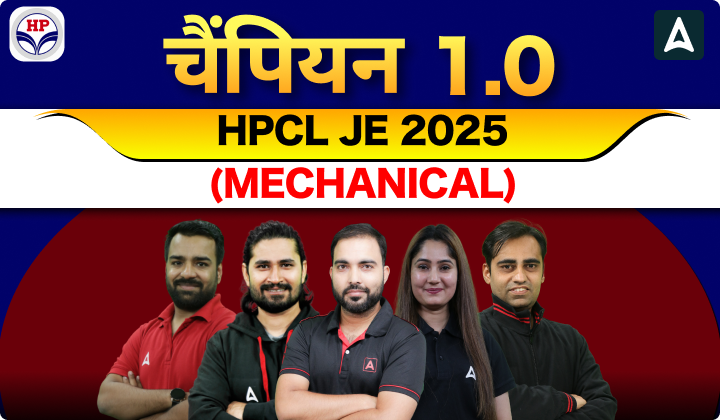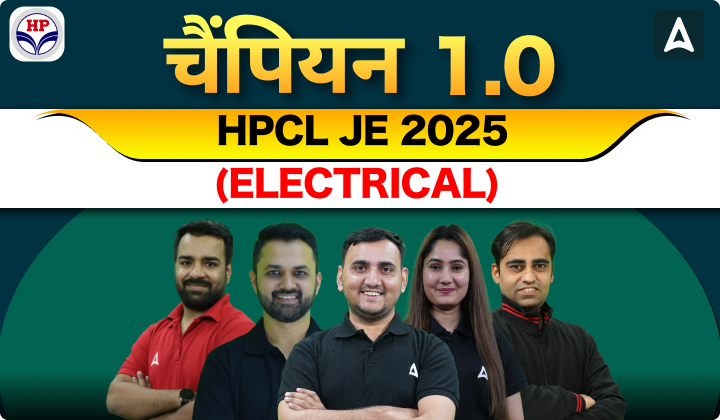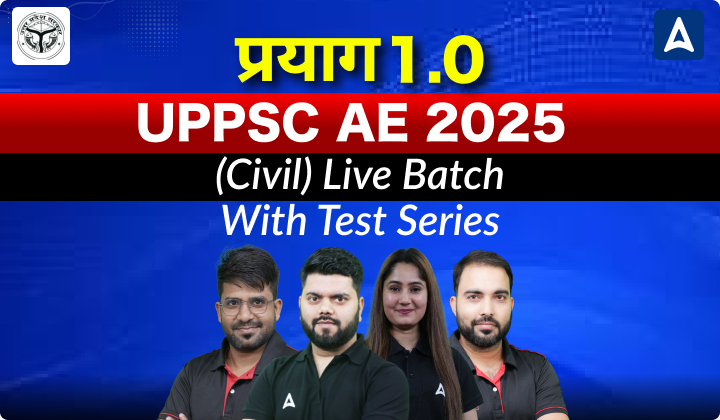Table of Contents
Steel Authority of India Limited is inviting online applications from eligible candidates to fill up 244 various posts. Interested candidates may apply online till 15th April 2024. The candidates who are planning to start preparing for this recruitment exam must be well-versed with the SAIL Bokaro Syllabus and Exam Pattern 2024.
The article covers the detailed SAIL Bokaro Syllabus and Exam Pattern 2024 rigorously for the ease of aspirants. So, go through the full article carefully to understand the SAIL Bokaro Syllabus and Exam Pattern briefly, and must bookmark this website for the latest Engineering Job Updates.
SAIL Bokaro Syllabus
The aspirants aiming to crack the SAIL Exam 2024 must be familiar with the syllabus well enough to understand the level of examination. The SAIL Bokaro Syllabus is a reference for making an effective preparation strategy to crack the exam with a good score. To help the candidates, we have discussed the detailed SAIL Bokaro Syllabus 2024 in this article.
SAIL Bokaro Syllabus 2024
Steel Authority of India Limited released the SAIL Bokaro Syllabus 2024 PDF along with the release of the official notification. The candidates must check the SAIL Syllabus 2024 well to prepare for the exam as per the requirement. The SAIL Bokaro Syllabus 2024 consists of Verbal Ability/ General English/ General Knowledge/ General Awareness/ Reasoning/ Logical Reasoning/ Mathematics/ Quantitative Aptitude sections. The topic-wise SAIL Bokaro Syllabus 2024 is described in this section:
Verbal Ability/Reasoning
- Analogy & Classification
- Coding-Decoding
- Series
- Blood Relation
- Syllogism
- Sentence and Argument
- Mathematical Reasoning
- Order and Ranking
- Direction Sense
- Sitting Arrangement
- Clock
- Calendar
- Mirror Images and Water Images
- Figure Completion
- Counting of Figures
General Knowledge/General Awareness
- History of India
- Polity
- Geography
- Indian Economy
- Arts and Culture
- Science and Technology
- Current Events
- Sports
- Political Awareness
- Countries & Capitals
- Recent Appointments
- Important Organizations
- Prominent Personalities
- Awards and Honors
- Important Books and Authors
Quantitative Aptitude
- Number System
- LCM & HDF
- Decimal & Fraction
- Ratio and Proportion
- Average
- Percentage
- Mixture and Allegation
- Profit and Loss
- Simple & Compound Interest
- Time, Speed, and Distance
- Time and Work
- Time and Distance
- Trigonometry
- Geometry
- Algebra
- Probability
- Statistics
- Data Interpretation
Technical Discipline: Civil Engineering
- Building Material
- Soil Mechanics
- Fluid Mechanics
- Engineering Mechanics
- Transportation Engineering
- Construction Technology
- Surveying
- Costing and Estimation
- Hydraulics
- Geotechnical Engineering
- Highway Engineering
Electrical Engineering
- Electrical Engineering Materials
- Electrical Machines
- Electrical Measurements & Measuring Instruments
- Control System
- Analog Circuits/ Electronics
- Digital Electronics
- Power Electronics & Drives
- Power Systems
- Electrical Basics
- Network Theory
- Signals and Systems
Mechanical Engineering
- Engineering Mechanics
- Engineering Mathematics
- Strength of Materials
- Thermodynamics
- Fluid Mechanics
- Theory of Machines
- Turbomachinery
- Machine Design
- Heat and Mass Transfer
- Refrigeration and air-conditioning
- Production Processes
Electronics and Communication
- Basic Electronics
- Signals and Systems
- VLSI and Embedded Systems
- Control System
- Electronics Devices
- Analog electronic circuits
- Communication Systems
- Electronic Communication
- Digital Signal and Image Processing
- Semiconductor Theory
- Circuit Theory
Chemical Engineering
- Chemical Processes
- Instrumentation and Process Control
- Process Calculations & Thermodynamics
- Fluid Mechanics and Mechanical Operations
- Chemical Reactions
- Chemical Technology
- Plant Design and Economics
- Heat & Mass Transfer
SAIL Bokaro Exam Pattern 2024
The exam pattern is the complete blueprint of the question paper makes students familiar with the scheme of the examination. The SAIL Bokaro Exam Pattern indicates a detailed paper pattern encompassing the number of questions, maximum marks, time duration, negative marking, etc. For the sake of convenience of candidates, we have mentioned the detailed SAIL Bokaro Exam Pattern 2024:
- The questions will be available in Bilingual versions i.e. English and Hindi.
- All questions will carry equal marks.
- There is also a Penalty for wrong answers: 1/4th mark will be deducted for every wrong answer.
- The exam duration will be 90 minutes.
| Subject | No. of Questions | Exam Duration |
| Verbal Ability | 100 Questions | 90 Minutes |
| Logical Reasoning | ||
| General Knowledge/General Awareness | ||
| Quantitative Aptitude | ||
| Relevant Technical Discipline (Diploma Level) |




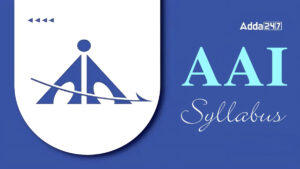 AAI ATC Syllabus & Exam Pattern 2025...
AAI ATC Syllabus & Exam Pattern 2025...
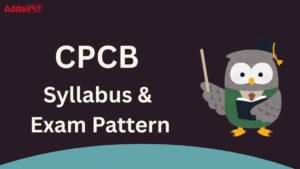 CPCB Syllabus With Exam Pattern 2025, Do...
CPCB Syllabus With Exam Pattern 2025, Do...
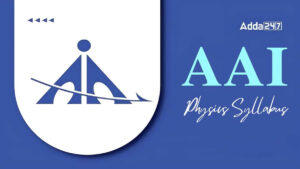 AAI JE ATC Physics Syllabus & Exam P...
AAI JE ATC Physics Syllabus & Exam P...




